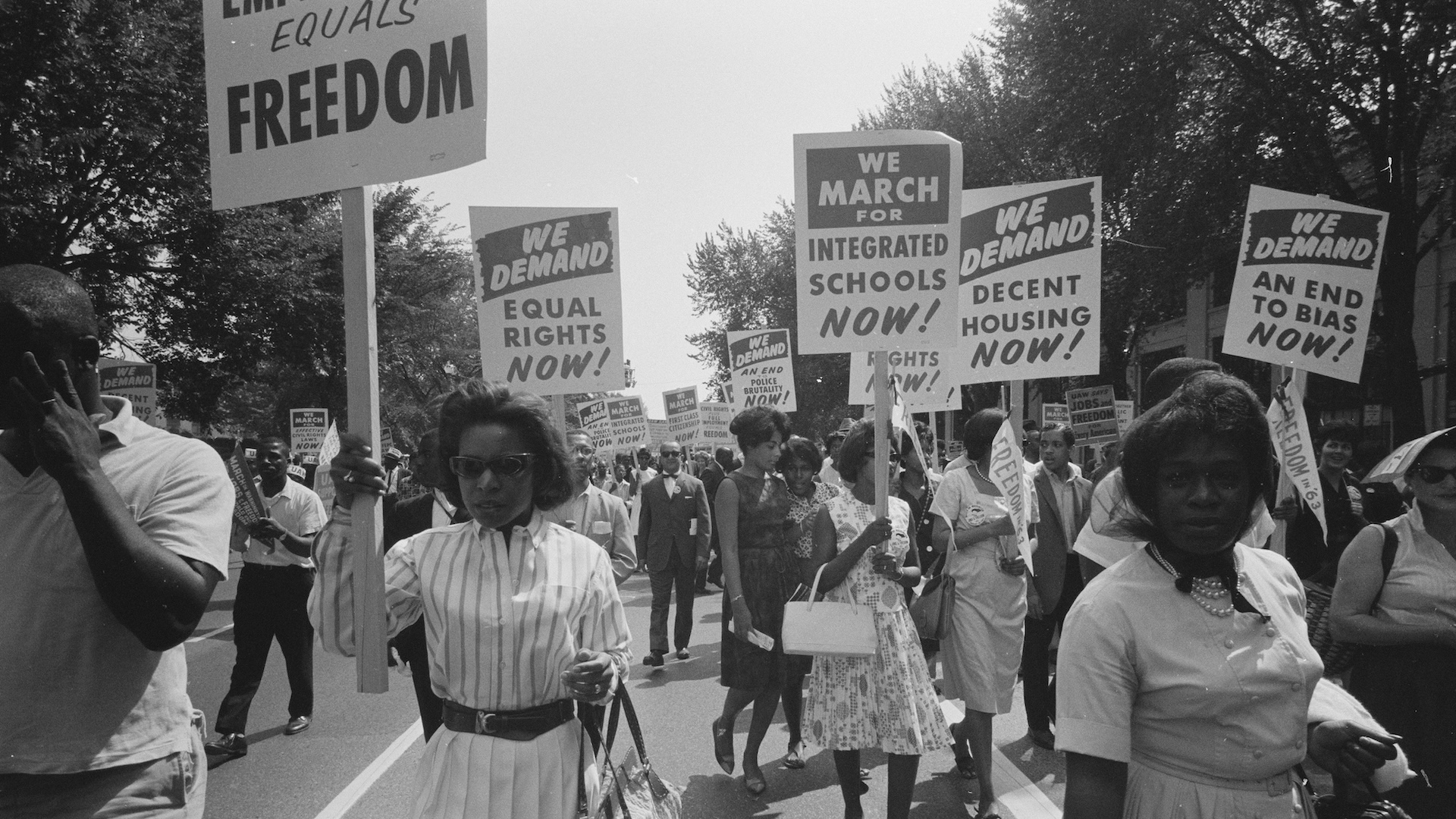September and October have always felt like the true start of the year for me. By the time my birthday comes around, I even find myself setting “birthday resolutions”, small promises for the months ahead. The changing seasons, the anticipation of the holidays, and the arrival of Black History Month have always combined to make this time feel special.
But this October feels different. Across the country, the air is thick with unease and division. Instead of coming together, as Black History Month so often encourages, the UK feels as though it’s sliding deeper into polarisation. The rise in far-right protests and the violence simmering just beneath the surface make it feel dangerous simply to exist as a Black or minoritised person — let alone to celebrate loudly, proudly, and without fear.
In previous Black History Months, there was a sense of community both simultaneously intangible and tangible. You could also feel it in the air. I’ve long been proud to call the UK my home. I’ve never denied its deep-rooted inequalities, but compared to parts of Europe or the United States, that hostility often felt less overt.
Read more:
- I was never taught about Black women in British history. So I decided to do something about it
- Black and minority households ‘forced to cut their hair and hide their accents’ to get social housing
- Renowned photographer Misan Harriman on Black Lives Matter, Gaza and finding hope in protest
Now, though, the landscape feels markedly different. The Overton window has shifted: mainstream politicians speak openly in ways that embolden far-right anger, pouring fuel on riots and unrest. Immigrants and minority communities have been vilified to the extreme, and this October, the fear of simply being visibly ‘different’ hangs heavy. Against that backdrop, it’s harder than ever to find cause for celebration.
Yet now, Black History Month feels more important than ever but more fragile too. We need it desperately. At its heart, Black History Month is a vital opportunity to educate the public about the rich histories, contributions, and too-often overlooked achievements of Black people in Britain and across the world. It combats ignorance and ignorance is so often the fuel for racism and division. It challenges the inaccurate narratives that circulate both in the mainstream and on the fringes. And it shines a light on the systemic inequalities and health disparities that continue to affect Black communities, creating a platform to push for real change.





